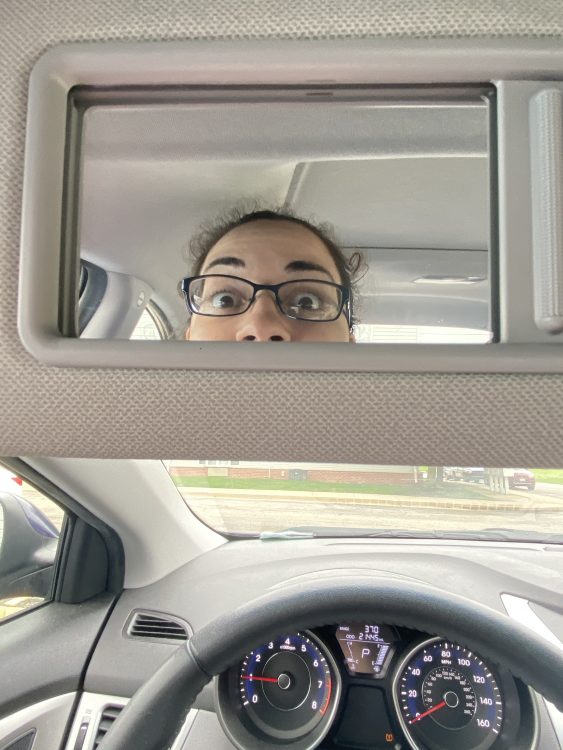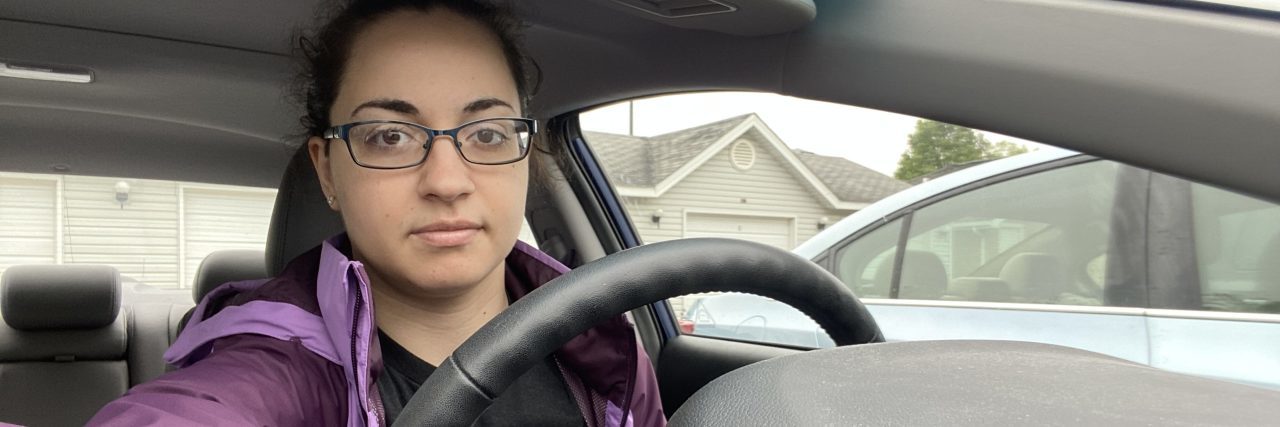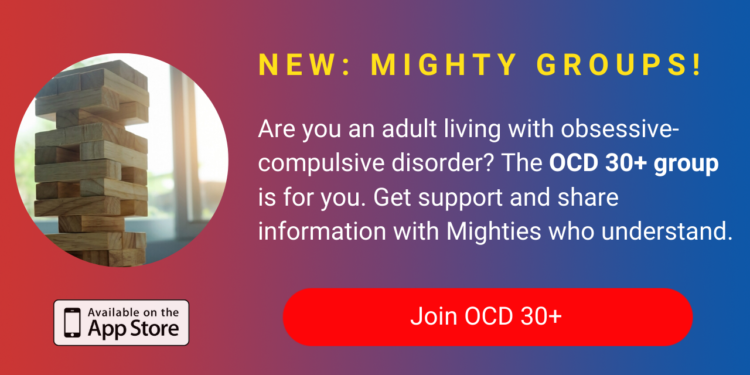OCD Made Me Terrified of Driving — Here's How I Took Back Control
My car used to be a place of intense anxiety. I dreaded entering that space, and while inside I couldn’t wait to leave. After just minutes of being inside, I was already covered in sweat and my thoughts were going in circles.
This reaction was because of obsessive-compulsive disorder (OCD). I obsessed about mistakes I had made while driving, some small mistakes, some big, all unintentional. Some of these mistakes happened weeks ago, some years ago. I worried about what could have been: What if one of these mistakes had killed someone? They didn’t. But what if they had?

It’s very common for OCD to latch onto driving and that responsibility. After all, car accidents do happen, and there is a legitimate danger when you get behind the wheel. But doesn’t all OCD have a nugget of truth? I think so. Whether the probability of the bad thing happening is 1% or 0.00001%, OCD doesn’t need likely. It just needs possible.
People within the OCD community often talk about “hit-and-run OCD,” or the fear that you hurt someone while driving without realizing it or remembering. The common compulsion is then to drive back around to check for an injured pedestrian or otherwise, a pothole. My driving OCD is different though. I know no one got hurt. But what if I hadn’t been so lucky and they had? What if, what if, what if: the tell-tale sound of my OCD. The compulsion then was to ruminate, replaying what had happened over and over in my head. I would check “how bad” the driving mistake had really been or how likely was an accident. It still hadn’t happened, but what if? Somehow, calculating the likelihood of disaster felt like it protected me from future harm.
I overcame this OCD the same way my therapists and I treated all my OCD, through exposure and response prevention (ERP) therapy. The biggest challenge was simply to not avoid driving. Even if it meant starting with a five minute drive down the street, that was a good start. Gradually, this led to driving farther distances and eventually on the highway. I sat with the anxiety, rather than running from it. And sometimes I even said maybe statements aloud. “Maybe I will make a mistake and hurt or kill someone. Maybe I will have to live with the guilt for the rest of my life.” I don’t want to downplay how difficult this was; saying those maybe statements behind the wheel were some of the hardest exposures I’ve ever done. But they were effective.
The wonderful thing is, now I love driving. I love being able to go anywhere, anytime with a tank full of gas and the radio on. The music is my favorite part. I can sing without any fear of being heard of judged. Whereas at voice lessons and community theater rehearsals, I hold back somewhat when singing, in my car I sing loud and free. It’s wonderful. It’s fun. And I rarely even think about OCD or the slight possibilities of danger while driving. I don’t drive recklessly; I’m still objectively a very cautious driver. But I’m the one driving the car, not OCD.


